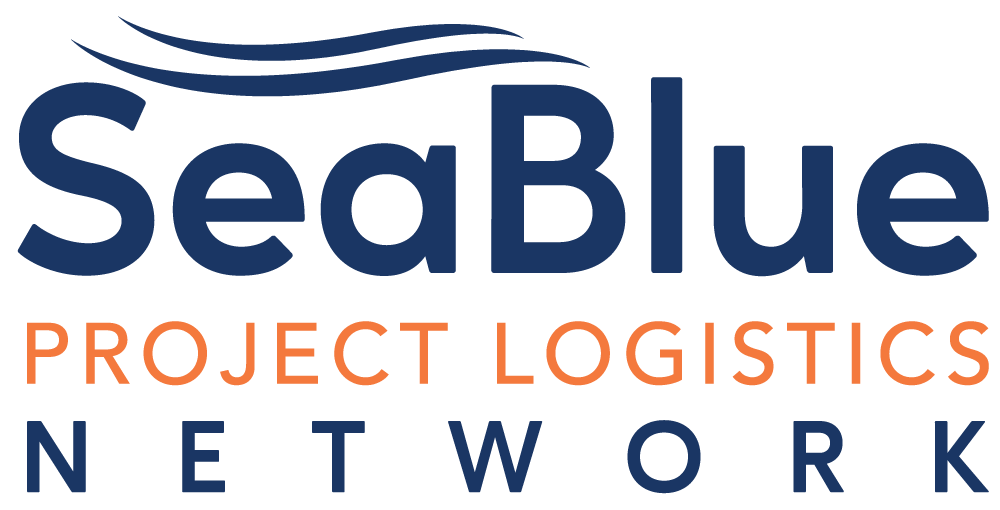Industry Leaders Reveal Real-World AI Solutions to Optimize Operations
-credit-spaceplum_3.jpg)
By Dennis Daniel
AI maybe a buzzword, but the technology’s impact on project logistics has been profound, providing innovative solutions to a range of longstanding industry challenges.
That was one of the key takeaways from an “Unlocking the Power of AI” panel session at Breakbulk Middle East, moderated by Arnoud Dekkers, head of business development for Industrial Projects – Middle East and Africa at DHL Global Forwarding.
“Unlike moving standard freight, we’re involved in managing highly complex, oversized, special cargo, and that often demands a tailored solution,” Dekkers told listeners. “So from factory to foundation delivery to managing multimodal transport and heavy-lift, the stakes are high and the margin for error is very slim. This is where AI has come in as a gamechanger.”
Dekkers highlighted exciting new developments that are directly impacting the logistics industry. These include computer vision, which allows machines to see and interpret their surroundings; generative AI, which enables them to create new content; and audio AI, which enhances their ability to understand and respond to sound.
Fellow panelist Vineet Bakshi, regional logistics director for Fluor, said his company deployed AI for cost and price prediction for major commodities – a frequent challenge EPCs face when bidding for projects.
“It’s common for EPC companies to submit price proposals for projects that may be executed three to five years in the future,” Bakshi said. “The challenge lies in determining the right price to avoid budget constraints later and to ensure the client or project owner understands the investments necessary for large capital projects.”
To address this, Fluor partnered with a technology provider to develop an AI predictive model that analyzes data from various sources including the company’s historical data, and predicts the price of commodities such as steel, aluminum and copper.
“The AI model could also predict container prices for the next three to five years. Our goal is to ensure that prices remain within budget so that projects are feasible and have long-term financial stability,” Bakshi said.
AI is also transforming shipping by boosting efficiency, cutting costs, improving safety and promoting sustainability. Panelist, Julian Panter, CEO of SmartSea, said data analytics and machine learning can increase the uptime of vessels by detecting anomalies, predicting failures and optimizing maintenance schedules.
“Sensors can be installed on ships for real-time data collection and monitoring a vessel’s performance and condition,” Panter said. “For example, the USS Fitzgerald, a U.S. Navy ship, has 10,000 sensors that provide data from the ships systems to help predict and prevent maintenance issues, which ensures that the vessel is always ready for deployment.”
Panter explained that Maersk has been leveraging AI to monitor engine performance, improving fuel efficiency and operational reliability across its fleet. He also cited the Yara Birkeland, an autonomous and emission-free container ship, which utilizes AI for functions such as predictive maintenance.
He concluded: “The benefits of implementing AI in vessel operations include reduced downtime, cost savings from timely dry docking, enhanced safety through early problem detection, extended equipment life by preventing wear and tear and improved operational efficiency through predictive maintenance.”
Are you ready to join the discussion? The impact of AI and emerging technologies will be a key focus at Breakbulk Europe 2025, taking place on May 13-15 in Rotterdam. Stay up to date with all the latest developments.
Top photo: Vineet Bakshi takes the podium. Credit: Spaceplum

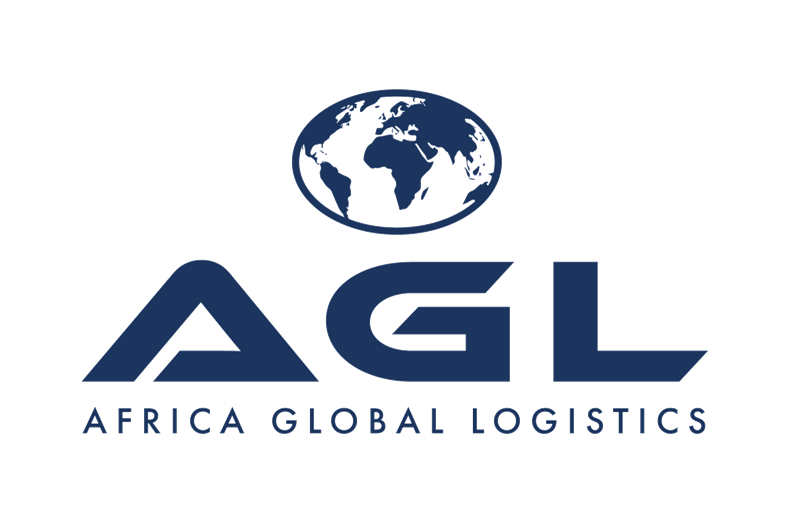


.png?ext=.png)
.png?ext=.png)


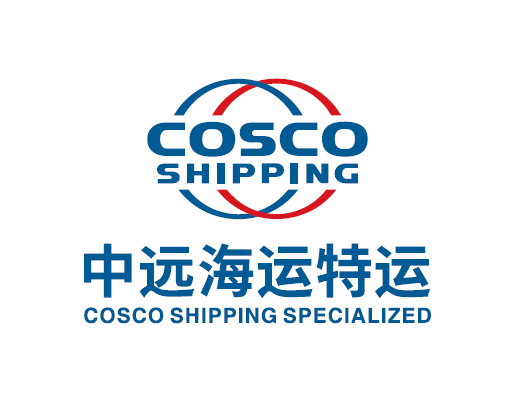

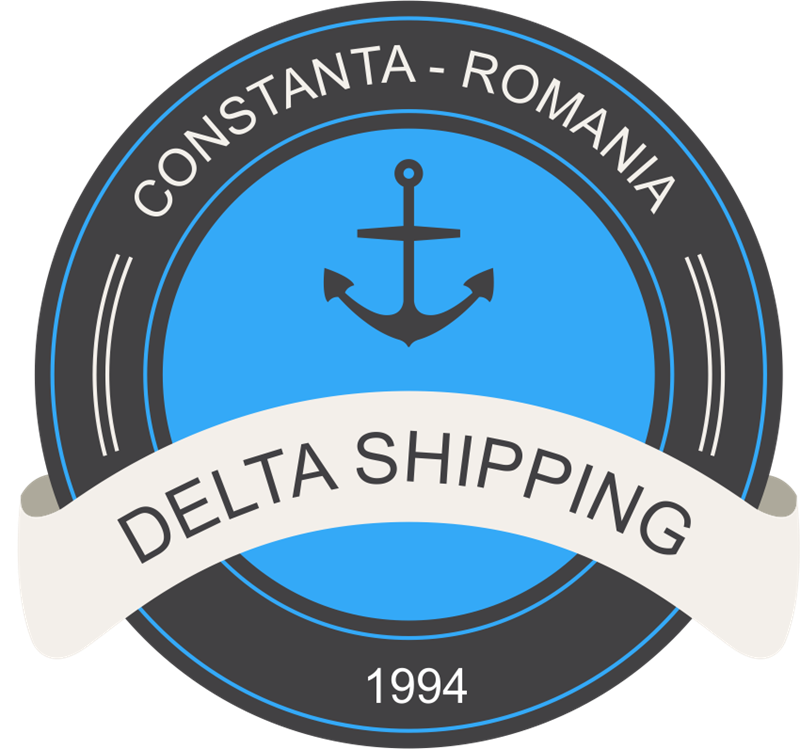

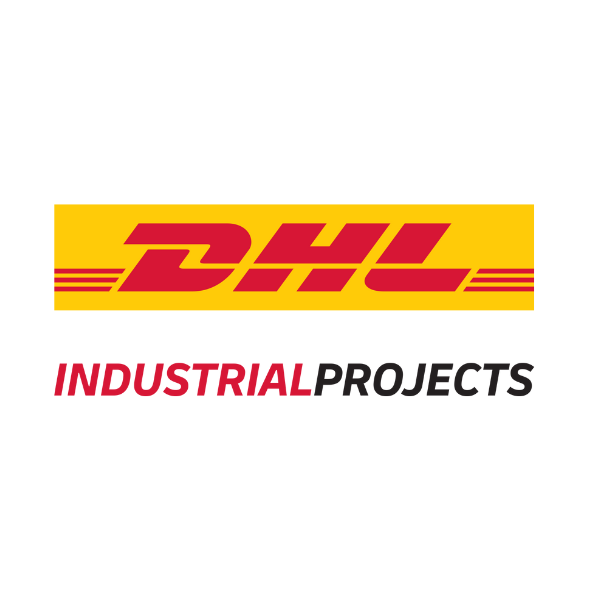




-(1).jpg?ext=.jpg)


.png?ext=.png)
_2.jpg?ext=.jpg)





